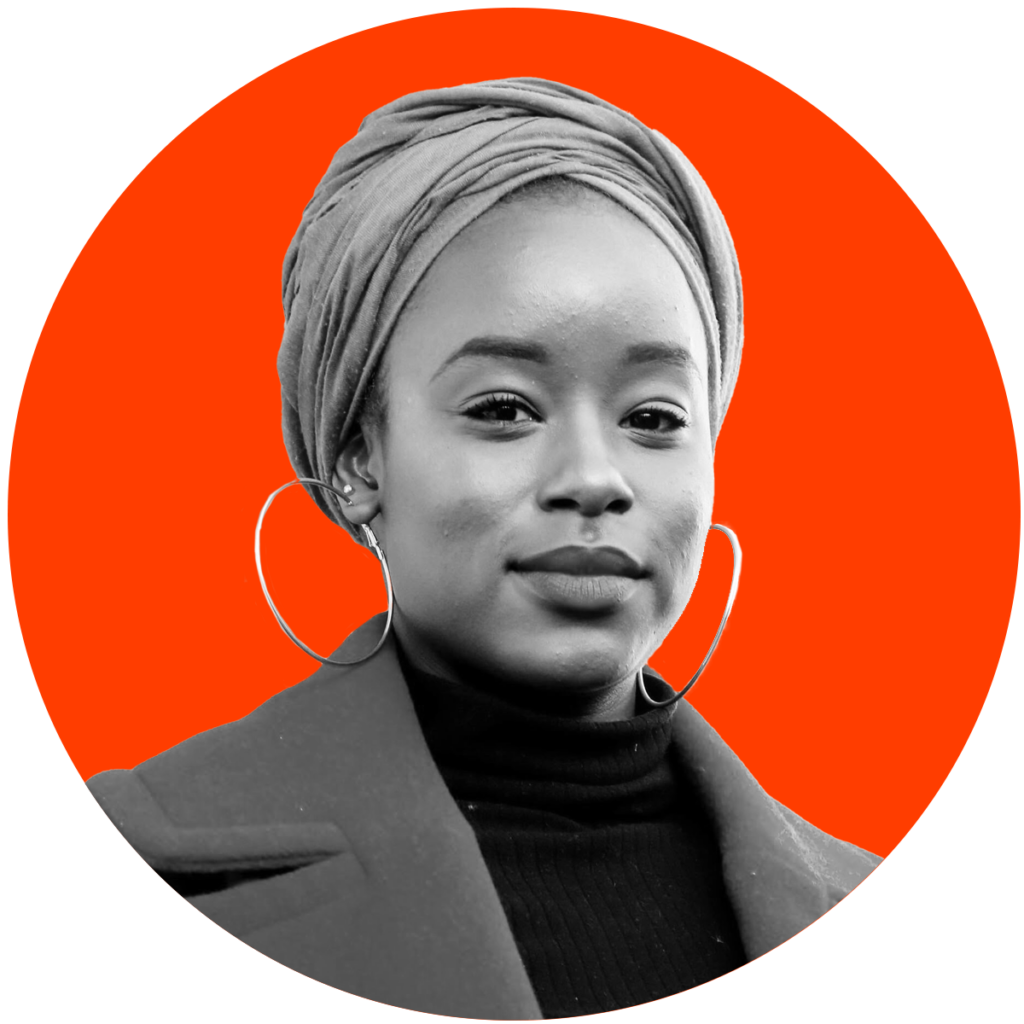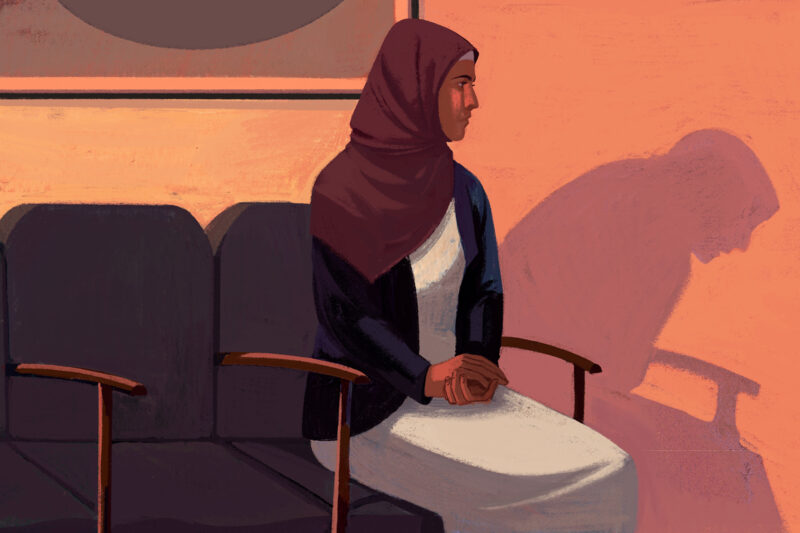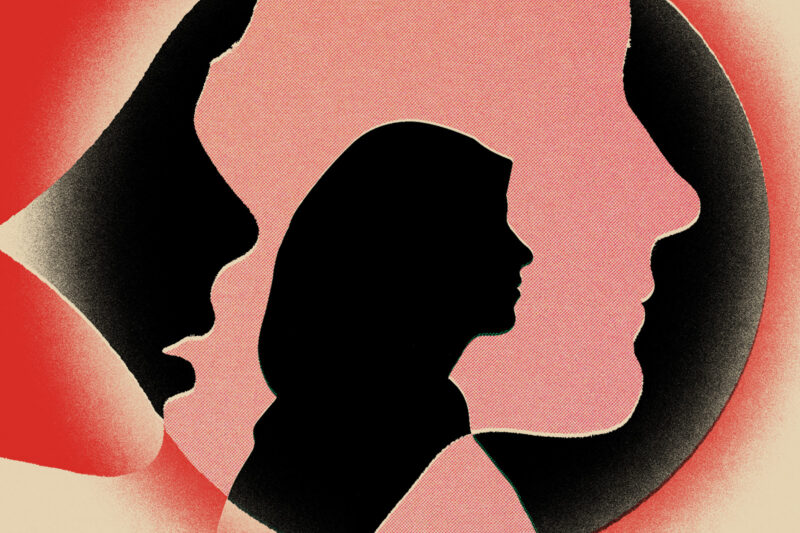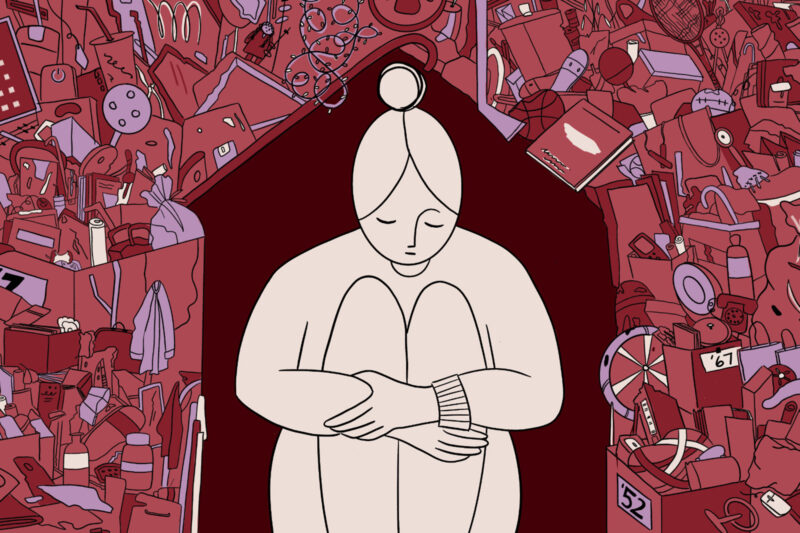Dr Ahmed Hankir Q&A: ‘Living with a mental health condition is a superpower’
The psychiatrist discusses the stigma around mental health in Muslim communities, and his own experiences
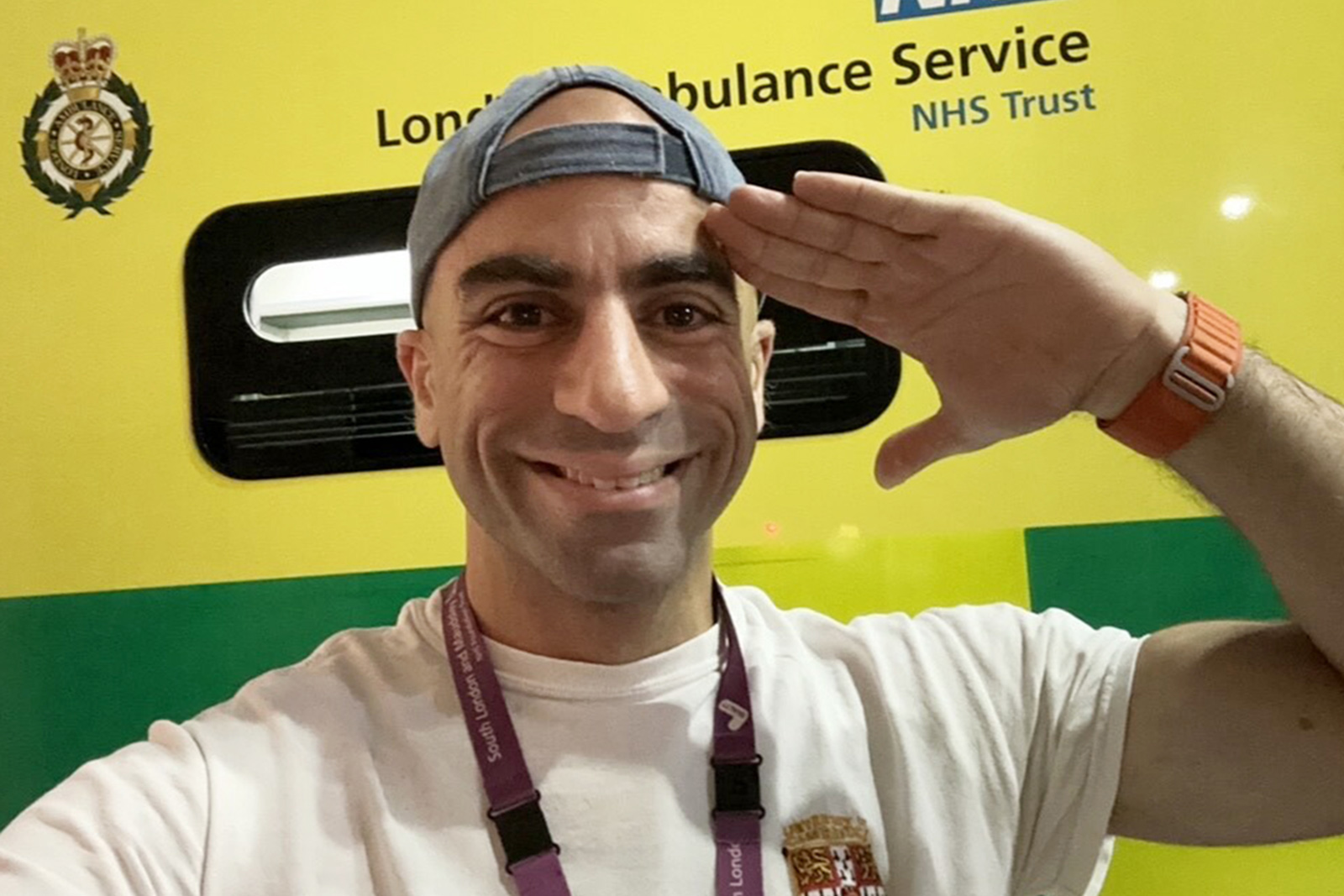
Dr Ahmed Hankir is an award-winning psychiatrist based between two Londons: in the UK and Ontario, Canada. His new memoir, Breakthrough: A Story of Hope, Resilience and Mental Health Recovery, traces his personal journey of mental health and illness while addressing issues such as misinformation and stigma.
Born in Belfast, Hankir moved to his home country of Lebanon in 1994, aged 12, leaving family to return to the UK five years later.
During his third year at medical school in Manchester, Hankir experienced a debilitating episode of psychological distress triggered by the Lebanon war in 2006. Though he had experienced mental health difficulties growing up, he felt unable to seek help because of cultural and religious stigma. He dropped out of university and then became homeless, sleeping rough and sofa surfing. He eventually sought help from a psychiatrist and, a year later, returned to his studies. He qualified as a doctor in 2011.
Now 41, Hankir is an expert voice on providing mental health support for the Muslim community and has won several awards for his work, including from the Royal College of Psychiatrists and the World Health Organisation.
Here, he speaks about how his faith informed his recovery and professional work, and why mental health remains taboo in the Muslim community.
This interview has been edited for length and clarity.
What inspired you to write your book?
It felt like the story was trapped in my mind for many years and I couldn’t release it. But then I moved to Canada in October 2023 where I felt inspired and, in a sense, emancipated. There aren’t many books by experts with both personal and professional experience of mental health conditions, particularly from Black, Asian and minority backgrounds. People of colour living with mental health conditions are excluded from discussions about our mental health. We are silenced and I felt it was necessary to reclaim and rewrite our story. The narrative is very whitewashed, so I wanted to do something about it.
Did you have any fears about telling your story?
When you put yourself out there, you make yourself vulnerable. But people coming out and being transparent about their mental health experiences help to reject the stigma. I will not be deterred by some of the people who have tried to silence me. Far more people have been supportive than those who haven’t.
How has your faith impacted your recovery?
My faith plays a central role and continues to contribute to my mental health resilience. There are common myths within the Muslim community that if you are experiencing mental health difficulties, it’s because you are weak in your faith. You can have the strongest faith and still have mental health problems.
Many Muslims believe that if you are feeling depressed, all you need to do is read more Qur’an or pray more, but that’s not necessarily the solution. So I’m hoping to debunk these myths with my book.
Why do you think mental health remains stigmatised in Muslim communities?
There are celebrities in the global north like Prince Harry and Lady Gaga who have spoken out about experiencing mental health issues. But how many people from the Muslim community share their mental health experiences publicly? We have made progress, but we still need people living with mental health conditions to embrace their vulnerability and be honest and transparent about their experiences.
How has your own experience living with a mental health condition impacted you professionally?
It makes us more insightful, empathetic, and can make us more driven. Living with a mental health condition is a superpower, so when treating patients I can actually draw on my own personal expertise as well as my professional expertise. I can have more authentic and therapeutic connections with people I’m trying to help.
What has been the most rewarding experience of your career so far?
My proudest moment was receiving the World Health Organisation Director-General Award for Global Health in 2022 from Dr Tedros Adhanom Ghebreyesus in Geneva. I was the only one to receive a standing ovation. Winning the award was very empowering and dignifying. It was a reminder to those of us with mental health conditions that not only can we survive, but we can thrive. Recovery is a reality for many and not for a few.
Current world events will undoubtedly have affected many people’s mental health. How can people take care during these difficult times?
Normalise not feeling guilty about prioritising your mental health and salvaging your sanity. We also need to be more physically active and immerse ourselves in nature. Shift your focus from your internal world, where you are ruminating, to the external world, which is the beauty and majesty of nature. And don’t feel guilty about disabling notifications. Scrolling online and seeing multiple negative reports and other atrocities is going to affect your mental health.
Dr Hankir’s memoir, Breakthrough: A Story of Hope, Resilience and Mental Health Recovery, is published by Capstone.
 Newsletter
Newsletter

